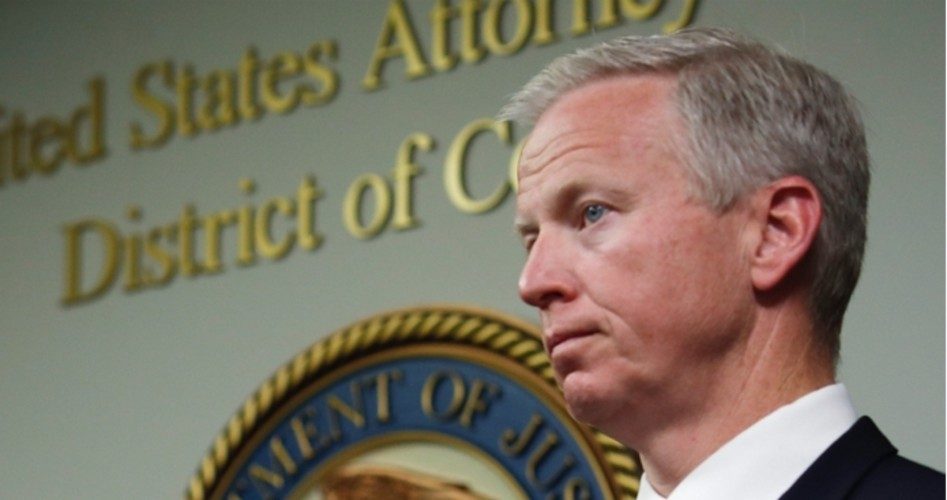
Will Colorado, and other states where the governor has imposed restrictive regulations violating basic rights, rein in their governor, as did the Wisconsin Supreme Court in the Badger State?
Former Colorado gubernatorial candidate and now District Attorney George Brauchler (shown) railed against Governor Jared Polis’ overreach on Wednesday:
I have a significant disagreement with the arbitrary rules Polis and [his] health departments have put in place. I believe the authority exercised here is too vast and too unchecked….
But these are our laws.
Are they? Brauchler said yes: citizens must submit or suffer the consequences:
There is no question that Polis has the statutory authority to declare a pandemic emergency and that doing so enables him and [his] public health bureaucrats to use sweeping powers. They have … [and our] economy is in shambles.
And then Brauchler stumbles:
Neither the constitutionality of these laws, nor their use, appear to have been successfully challenged in court, ever. In states across America, similar laws and orders have been upheld in the face of constitutional challenges.
The same day that Brauchler’s plaint was published in the Denver Post, the Wisconsin Supreme Court proved him wrong. On Wednesday, by a 4-3 vote, that state’s high court struck down the Wisconsin governor’s “Safer at Home” order “completely, immediately and unequivocally,” according to Robert Wright, professor at Augustana University in Sioux Falls, South Dakota.
The order in Wisconsin was announced by Andrea Palm, an unelected bureaucrat in state’s Department of Health Services, which, summarized by the court, included “all people within Wisconsin to remain in their homes, not to travel, and to close all businesses that she declares are not ‘essential’ in Emergency Order 28.”
Punishment for violation is severe: “Failure to obey Order 28 subjects the transgressor to imprisonment for 30 days, a $250 fine, or both.”
The majority opinion said that constitutional limits on such “rulemaking exists precisely to ensure that [this] kind of controlling, subjective judgment asserted by one unelected official, Palm, is not imposed on Wisconsin.”
Article I, Section 1 of the Wisconsin Constitution should sound familiar: “All people are born equally free and independent, and have certain inherent rights; among these are life, liberty and the pursuit of happiness; to secure these rights, governments are instituted, deriving their just powers from the consent of the governed.”
According to the court’s majority opinion, “the Governor’s emergency powers are premised on the inability to secure legislative approval given the nature of the emergency … [but] in the case of a pandemic, which lasts month after month, the Governor cannot rely on emergency powers indefinitely.”
The court concluded that “Palm’s order confining all people to their homes, forbidding travel and closing businesses exceeded the statutory authority … upon which she claims to rely. Palm’s Emergency Order 28 is declared unlawful, invalid, and unenforceable.”
In Colorado, Brauchler should rejoice in his error. It is said that “the first olive out of the bottle is always the hardest.” The Wisconsin high court’s ruling is the first olive. May the olives in the other states come out more easily.
Photo of District Attorney George Brauchler: AP Images
An Ivy League graduate and former investment advisor, Bob is a regular contributor to The New American primarily on economics and politics. He can be reached at [email protected].



